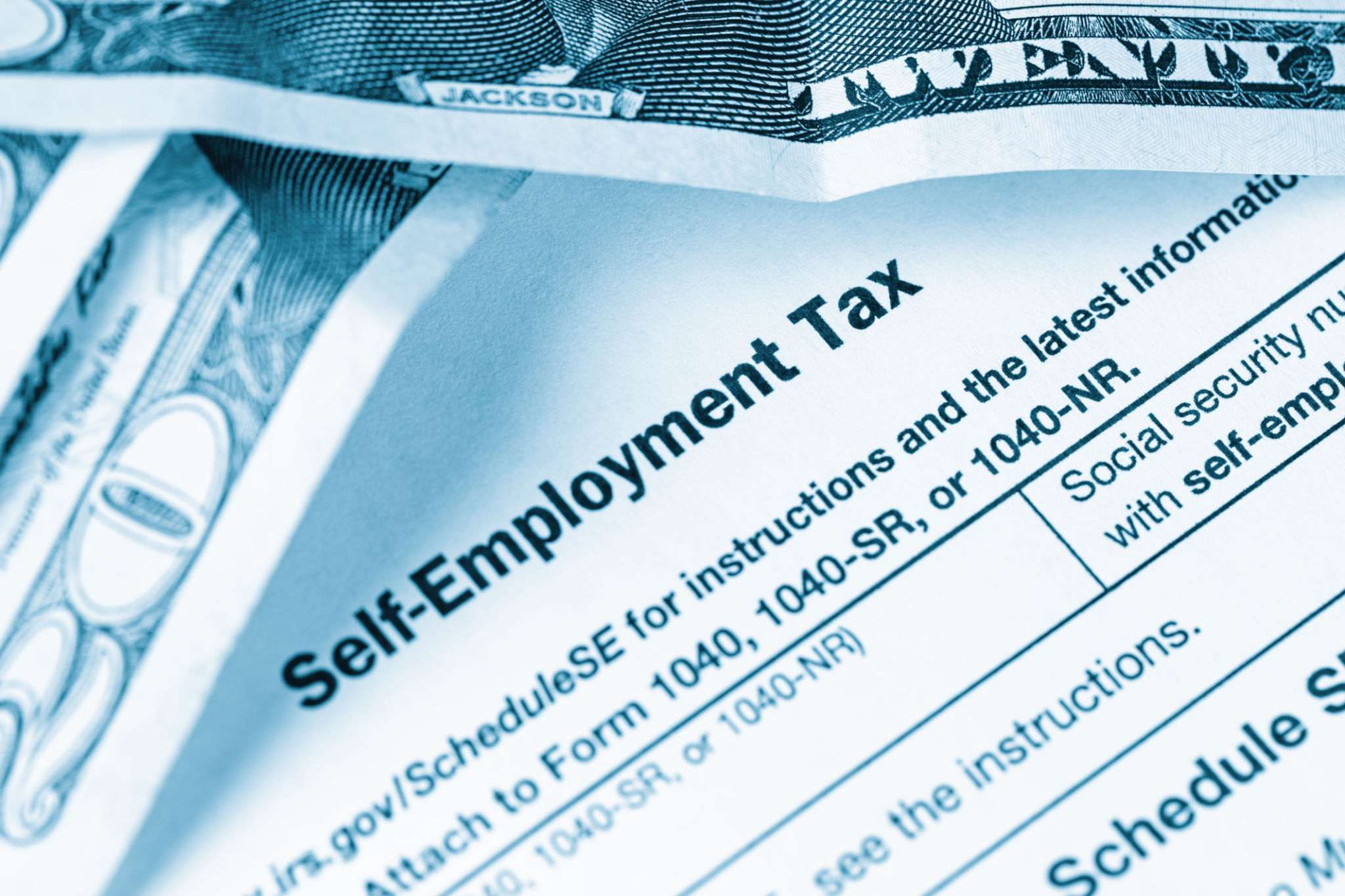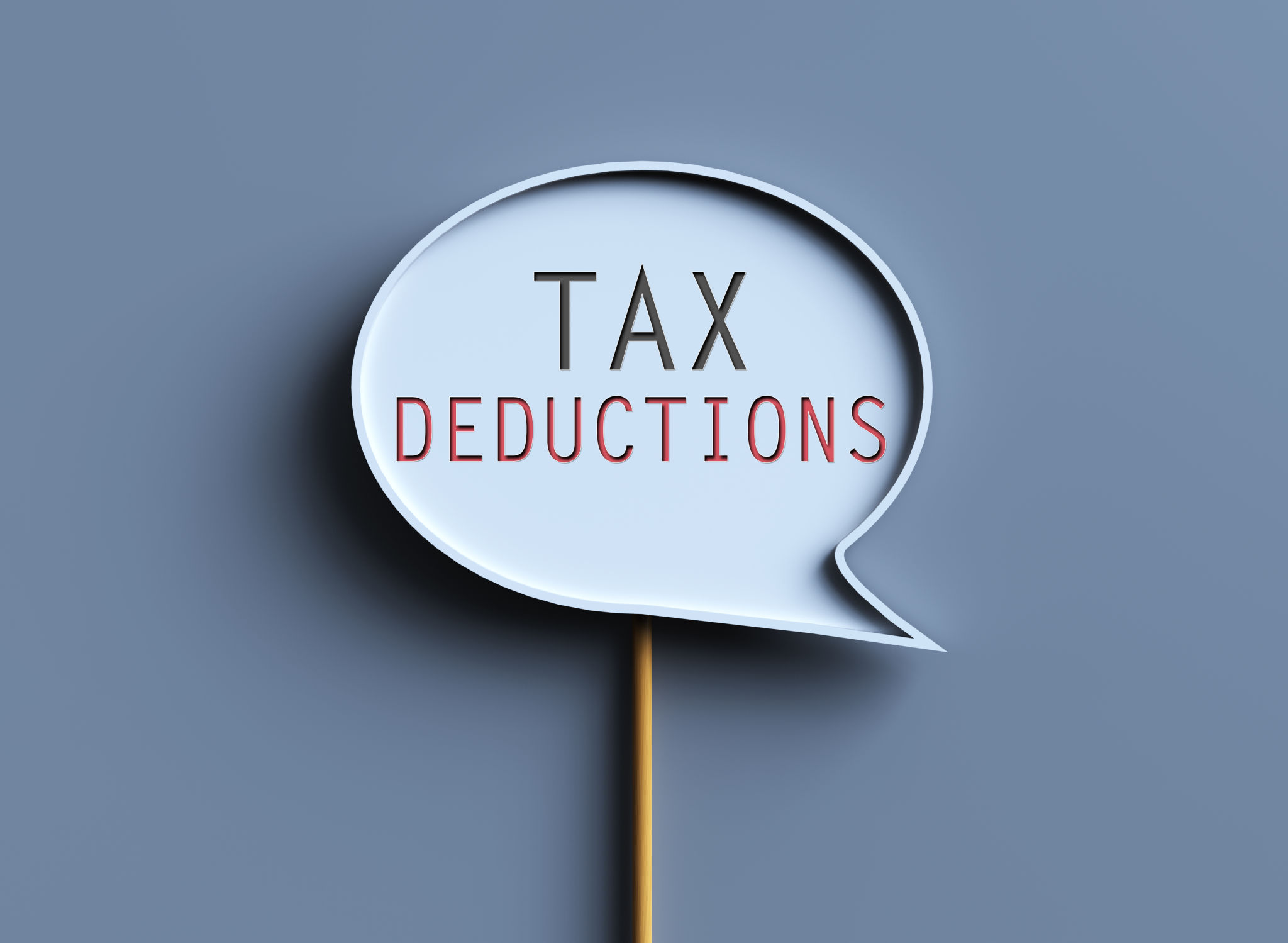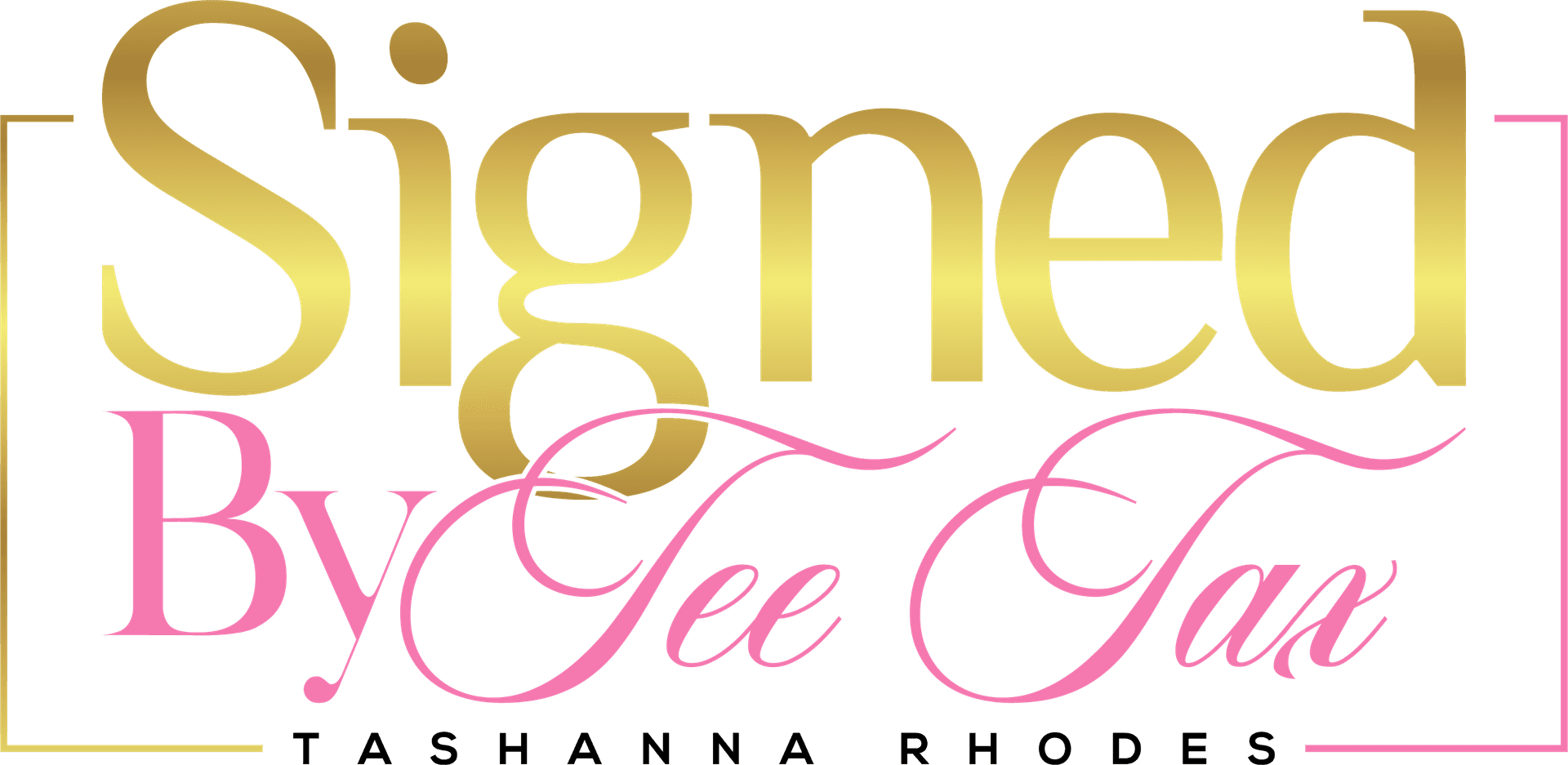Top Tax Preparation Tips for Self-Employed Individuals
Understanding Your Tax Obligations
Being self-employed comes with numerous advantages, such as flexibility and independence. However, it also entails taking charge of your tax responsibilities. Unlike traditional employees, self-employed individuals must manage their own taxes, which can be daunting. Understanding your tax obligations is the first step in efficient tax preparation.
One of the primary responsibilities is paying the self-employment tax, which covers Social Security and Medicare. This is in addition to the regular income tax. It's crucial to set aside a portion of your income for these taxes to avoid unexpected bills come tax season.

Keep Accurate Records
Maintaining accurate and organized records is essential for self-employed individuals. Keeping track of all your income, expenses, and relevant documents throughout the year will make the tax filing process smoother. Utilize accounting software or apps that can help you categorize and track your financial data efficiently.
Ensure you save receipts and invoices for business-related purchases. This will not only aid in accurately reporting your expenses but also serve as evidence in case of an audit. Organizing these records by category or month can save you time when preparing your taxes.
Maximize Deductions
One of the perks of being self-employed is the ability to deduct certain business expenses from your taxable income. Deductions can significantly reduce your tax liability, so it's important to identify and claim all eligible expenses. Common deductions include office supplies, travel expenses, and a portion of utilities if you work from home.

Consider Retirement Contributions
Contributing to a retirement plan not only secures your future but also offers immediate tax benefits. Plans such as a Simplified Employee Pension (SEP) IRA or a Solo 401(k) allow you to contribute a portion of your income, which can be deducted from your taxable income. This reduces your overall tax burden while building your retirement savings.
Estimate and Pay Quarterly Taxes
Unlike salaried employees who have taxes withheld from their paychecks, self-employed individuals must pay estimated taxes quarterly. Estimating your tax liability involves calculating your expected income and expenses for the year. The IRS provides guidelines on how to calculate these payments to avoid penalties for underpayment.

Seek Professional Assistance
While some self-employed individuals prefer to handle their taxes independently, consulting with a tax professional can be invaluable. A qualified accountant or tax advisor can provide personalized advice, help identify further deductions, and ensure you're compliant with all tax regulations. This can ultimately save you time and money in the long run.
Stay Informed on Tax Changes
Tax laws are subject to change, and staying informed is crucial for self-employed individuals. Changes in tax regulations can impact deductions, credits, and overall tax liabilities. Regularly reviewing updates from the IRS or consulting with a tax professional can help you stay compliant and make informed financial decisions.
Plan for the Future
Effective tax preparation involves not only managing current obligations but also planning for the future. Consider setting aside funds for potential tax increases or changes in your business income. Regularly reviewing your estimated taxes and financial goals will help you adapt to any shifts in your business landscape.

